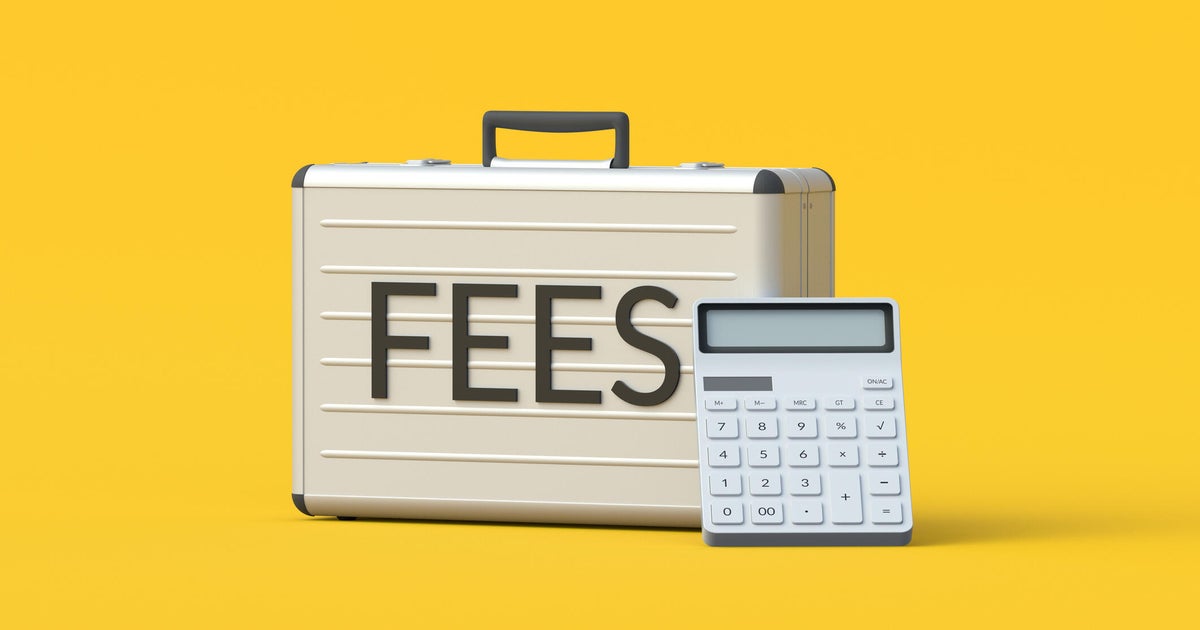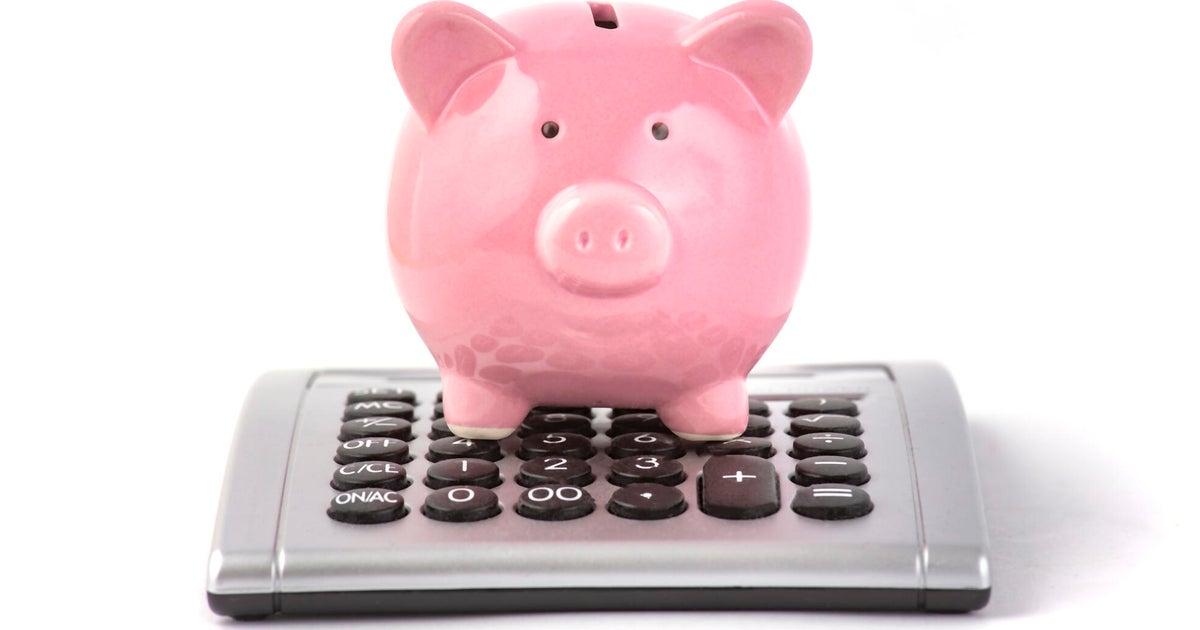4 signs the IRS may be preparing to garnish your wages
Tax season may be over, but if you have unpaid tax debt, the Internal Revenue Service (IRS) may be ramping up its efforts to collect that money from you. The IRS has some powerful collection tools at its disposal, so it's important to take care of your delinquent tax problems as soon as possible. Otherwise, you could end up facing some serious (and expensive) repercussions.
But with the cost of living still running high, a lot of Americans are struggling to keep up with just their everyday expenses, much less their overdue tax debt. So, if you can't find a way to pay off your tax debt quickly, you could end up facing something even more stressful than a tight budget: the possibility of wage garnishment by the IRS.
Wage garnishment is when the IRS seizes a portion of your paycheck to satisfy unpaid tax debt. And unlike other creditors, the IRS to do it. But before your paycheck starts shrinking, the IRS typically sends out a series of warning signs. If you know what to look for, you may still have time to stop the process — or at least reduce the damage.
.
4 signs the IRS may be preparing to garnish your wages
If you're worried about IRS wage garnishment, here's what to watch for:
You've received multiple notices about unpaid taxes
The IRS doesn't jump straight to wage garnishment. They start with a paper trail of increasingly urgent notices sent to your last known address. The first notice is typically a bill for the amount you owe, followed by reminder notices if you don't respond or pay.
These notices will clearly state the amount you owe, including any penalties and interest that have accumulated. They'll also give you a deadline to pay or contact the IRS to discuss payment options. If you've been getting these notices and ignoring them, you're moving closer to enforcement action.
.
You've received a Final Notice of Intent to Levy
The and is the IRS's way of telling you they're about to take collection action. This notice gives you 30 days to either pay your debt in full or request a Collection Due Process hearing.
The notice will be sent to your last known address by certified mail and the IRS considers it delivered even if you don't actually receive it. Once this 30-day period expires, the IRS has the legal authority to garnish your wages, freeze your bank accounts or seize other property.
The IRS has filed a federal tax lien
A federal tax lien is the government's legal claim against your property when you fail to pay a tax debt. While the lien itself doesn't take money from your paycheck, it signals that the IRS is willing to use all available legal remedies to get its money.
You can check if the IRS has filed a lien against you by searching public records in your county or by requesting a transcript of your tax account from the IRS. The lien will also show up on your credit report and can make it difficult to get loans or sell property.
Your employer has been contacted by the IRS
If your employer has been , that is a clear sign that garnishment is being put in motion. When the IRS decides to garnish your wages, it sends your employer a Form 668-W, which instructs them to withhold a specific portion of your paycheck.
Employers are legally obligated to comply, and this process can begin almost immediately after they receive the notice. If you find out your employer has been contacted, act fast. You may still be able to negotiate a release if you move quickly.
How to stop the IRS from garnishing your paycheck
Once the IRS starts garnishing your wages, stopping it becomes much harder. The key is to take action before the garnishment begins. Here's how you can do that:
- Request a Collection Due Process hearing: If you've received a Final Notice of Intent to Levy, you have the right to meet with an IRS appeals officer to discuss your case and explore alternatives to garnishment. You can also raise procedural issues or challenge the underlying tax liability.
- Set up a payment plan: Even if you can't pay the full amount immediately, proposing a realistic payment plan can stop garnishment proceedings. In many cases, the IRS would rather receive steady payments than deal with the administrative burden of wage garnishment.
- Explore hardship options: The IRS has programs for taxpayers who are experiencing genuine financial difficulties, including , which temporarily stops collection activities while you get your finances back on track.
- Work with a tax relief specialist: Tax relief specialists understand the system and can often negotiate solutions that you might not know exist. They can help you explore options like Offers in Compromise or restructured payment plans.
The bottom line
Wage garnishment is serious business, but it's also preventable if you act on the warning signs. The IRS wants to collect what you owe, but they're usually willing to work with taxpayers who communicate and make good faith efforts to resolve their debt.
The worst thing you can do, though, is ignore the problem and hope it goes away. Tax debt doesn't disappear, and the IRS has more collection power than almost any other creditor. But if you're proactive, you can often find a solution that protects your paycheck while satisfying your tax obligations.




